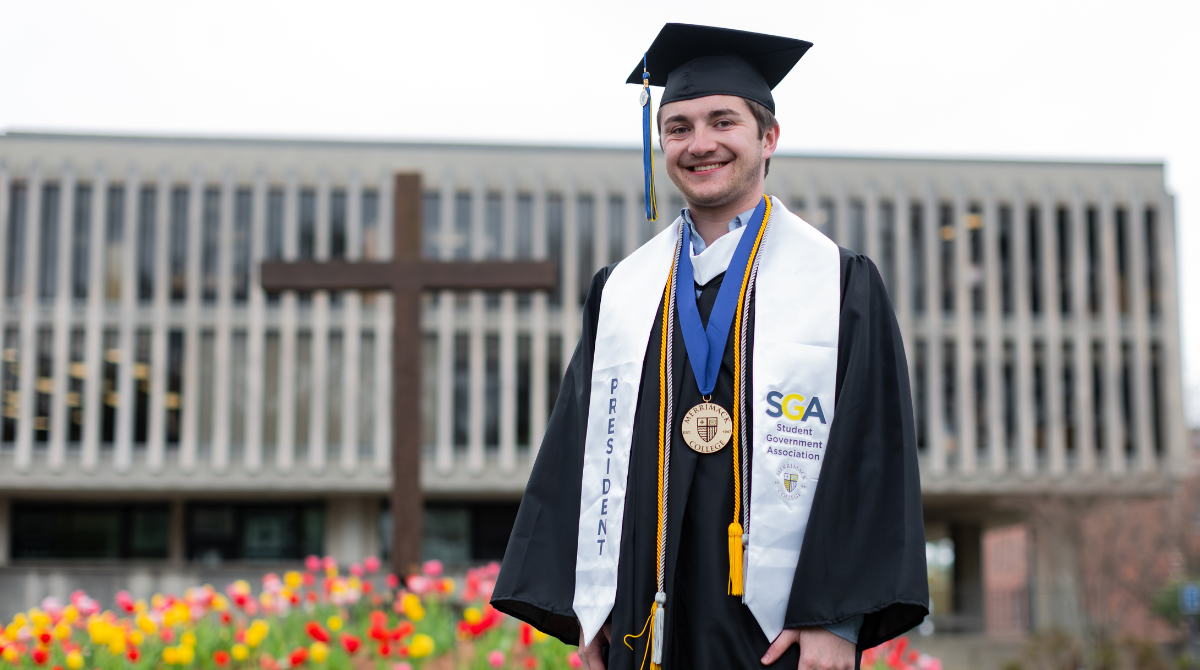Nutritional Sciences Faculty Research
Check out the studies that our nutritional sciences faculty are conducting.
Dr. Eleanor Shonkoff
Development of methods to accurately measure dietary intake in free-living situations – restaurants or otherwise – is critically needed to understand overall dietary patterns. Objective This study aimed to develop and test reliability and validity of digital images (DI) for measuring children’s dietary intake in quick-service restaurants (QSRs), validating against weighed plate waste (PW) and bomb calorimetry (BC). In 2016, cross-sectional data were collected at two time points within a randomized controlled trial assessing children’s leftovers in QSRs from parents of 4- to 12-year-old children. Participants /setting: Parents (n = 640; mean age = 35.9 y; 70.8% female) consented and agreed to provide their child’s PW for digital imaging, across 11 QSRs in Massachusetts in areas with low socioeconomic status and ethnically diverse populations.
Authors: Eleanor T. Shonkoff, Erin Hennessy, Ken Chui, Julie E. Gervis, Emilia Matthews, Sarah Amin, Peter Bakun, Susan B. Roberts, Michelle Borges, Jessica Martino, Christina D. Economos.
Human error when estimating food intake is a major source of bias in nutrition research. This study provides an overview of literature on the accuracy of artificial intelligence (AI) methods used to analyze digital images of food compared to human coders and ground truth. This scoping review included peer-reviewed journal articles reporting AI (e.g., deep learning) and image coding for food analysis. Literature was searched through August 2021 in 4 databases plus reference mining in conference papers and reviews. Eligible articles reported volume, energy, or nutrients estimated from digital food images via fully automatic AI methods.
Authors: Eleanor Shonkoff, Kelly Copeland Cara, Xuechen (Anna) Pei, Mei Chung, Shreyas Kamath, Karen Panetta, Erin Hennessy.

